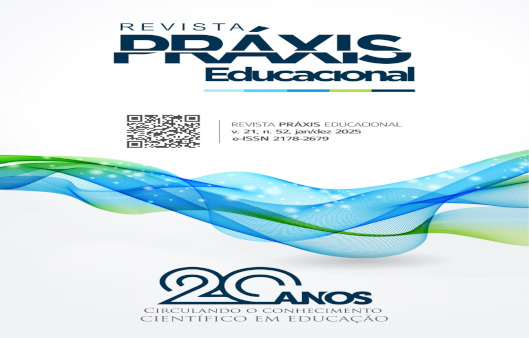The use of digital technologies in education (‘EdTech’) has created problems of centralization of control over educational processes, as well as privatization of education. The use of proprietary EdTech creates a dangerous vendor lock-in, in which teacher agency and institutional autonomy are compromised. This endangers the social transformation goals of education. The use of ‘Artificial Intelligence’ now, threatens to aggravate the danger, as it accentuates the existing social biases and increases corporate control over education. In order to enable equitable quality of education for all children, digital technologies must firstly, be designed to enable inclusive and participatory teaching-learning processes, effective teacher education for developing ‘professional and humane’ teachers, and decentralized education administration. For achieving this, it is essential that we use only free and open digital technologies, that are licensed to allow all (including teachers), to freely share and customize for their own use. Secondly the primary use of EdTech should be to empower teachers to develop a critical understanding of tech, and design its appropriation in school education. Education systems should keep technology vendors out of EdTech policy and privilege the role of informed educators in EdTech policy, design, and implementation in the education system.
The article was published in the University of the Southwest of Bahia (UESB) journal

